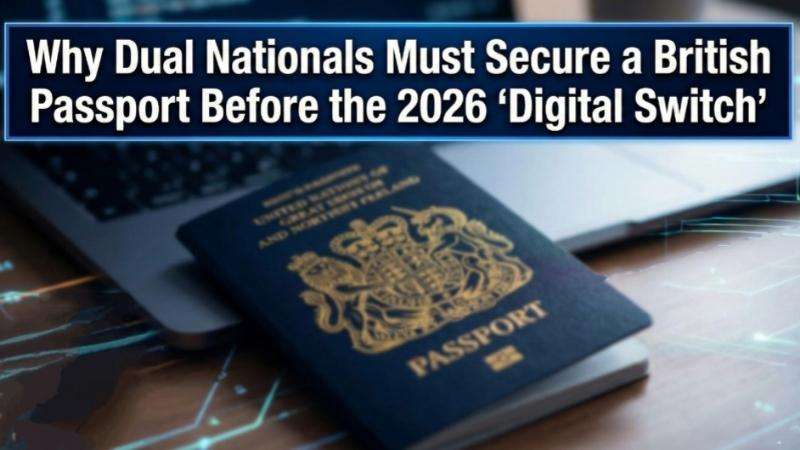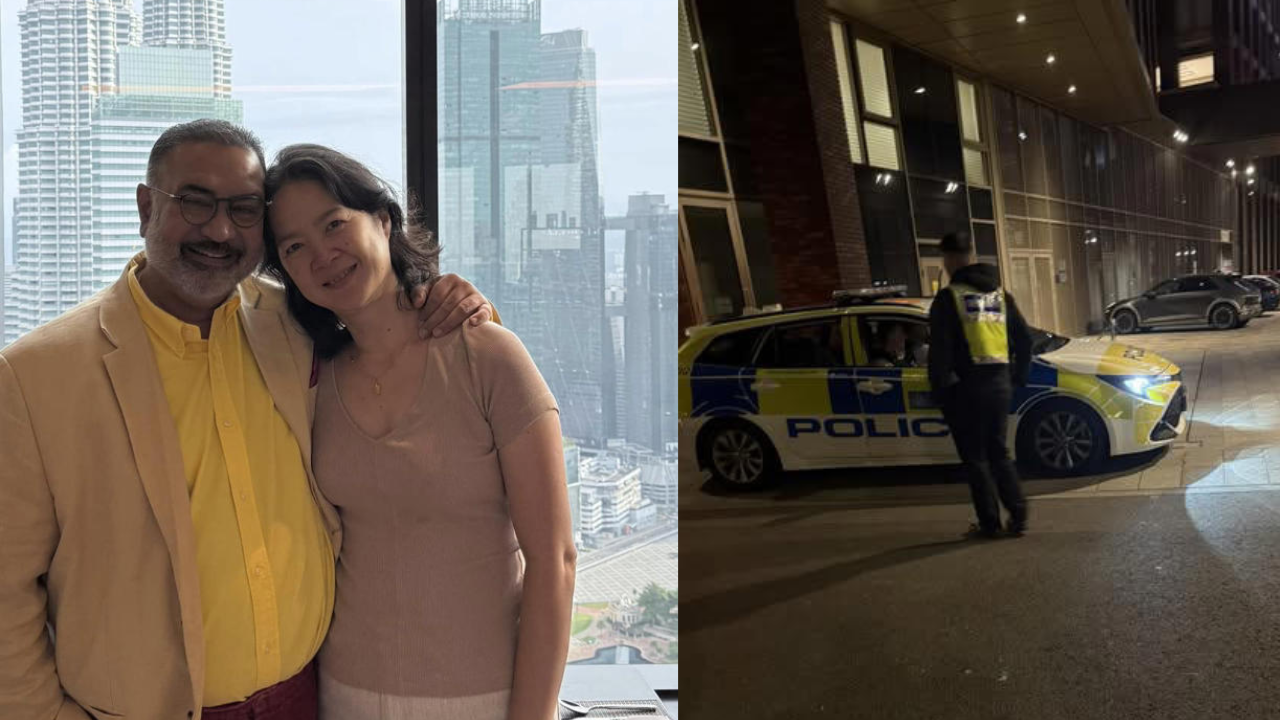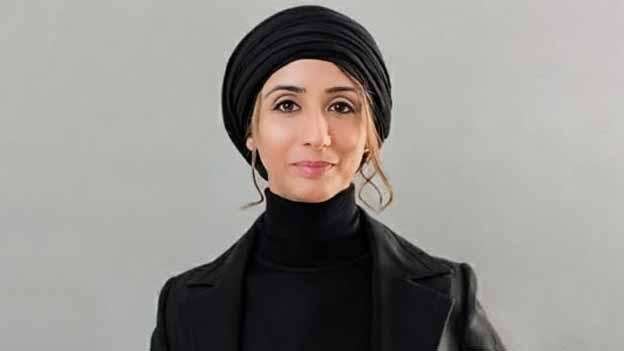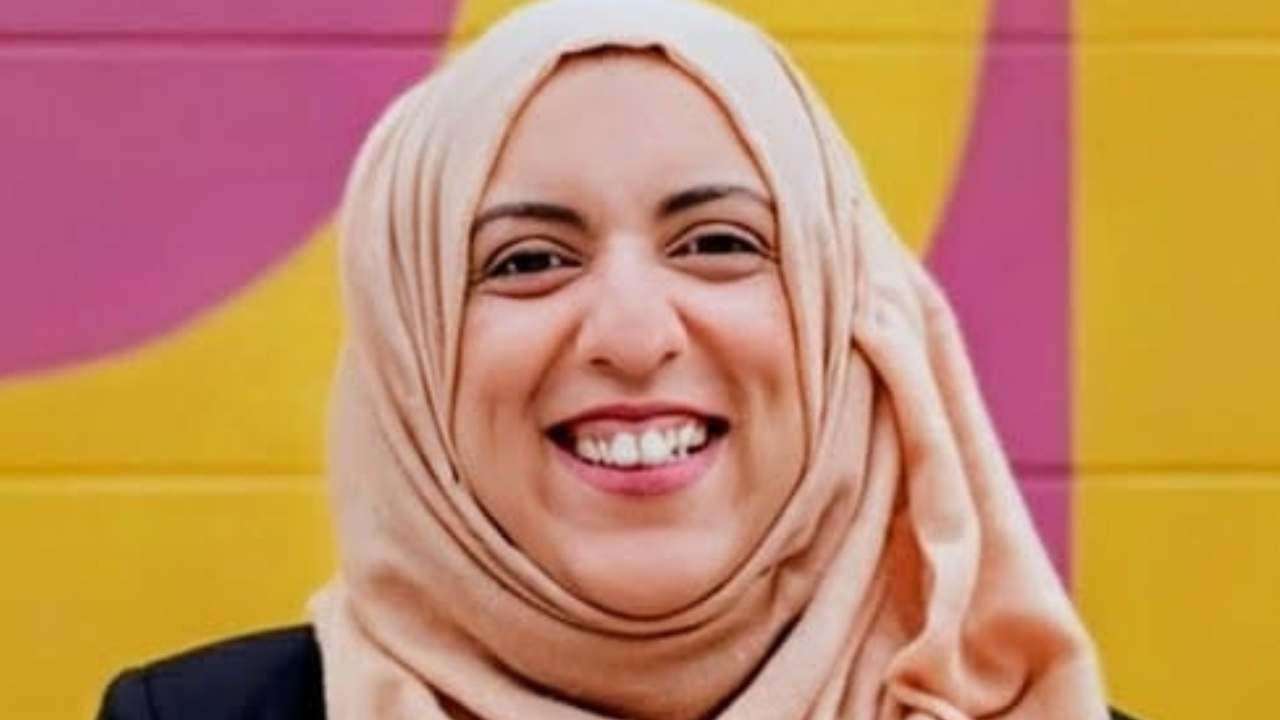The British Muslim Trust (BMT) has launched its new government-backed telephone and online hate crime reporting service, a critical resource arriving amidst alarming surges in anti-Muslim hatred across the UK. The launch, which allows the public to report incidents to BMT from October 30th, comes just as the charity's chief executive, Akeela Ahmed MBE, has spoken out about her own experience of blatant discrimination, highlighting a concerning rise in insidious "microaggressions."
Anti-Muslim Hate Crime: An Escalating Crisis
The urgency of BMT's new initiative is underscored by recent official figures. Data for England and Wales revealed that anti-Muslim hate crime offences rose to 3,199 in the 12 months leading up to March 2025, marking an increase of nearly a fifth (19%) from the previous year’s 2,690 offences. This makes Muslims the most targeted group for religious hate crimes, accounting for nearly 40% of all recorded religiously motivated offences. These statistics, which many experts believe represent a significant under-reporting of the issue, provide a stark backdrop to the experiences Akeela Ahmed has heard firsthand.
Voices from the Community: From Microaggressions to Disconnection
Akeela Ahmed, who was appointed as the chief executive of the government’s new official partner in tackling Islamophobia after BMT was selected to receive the government's "Combating Hate Against Muslims Fund" in July, has been touring the country to hear from Muslim communities. Her visits to areas including Bradford, East Sussex, Greater London, and Greater Manchester have uncovered a profound sense of "fatigue" and "disconnection from central government."
The stories she has collected detail a hostile atmosphere reminiscent of the 1970s and 80s, driven by the increasing visibility of anti-Muslim rhetoric online. Ahmed observes that the "gap is closing" between inflammatory online content—spanning social media groups and newspaper comment sections—and real-life anti-Muslim hatred.
"I think Muslims are an easy target because they are visible," Ahmed stated, noting that people who wear a hijab, like herself, are particularly vulnerable.
Her personal experience mirrors the accounts she's gathered: being silently refused service by staff in a shop while other customers were served. This common phenomenon of "microaggressions" leads victims to "second guess yourself... sort of gaslight yourself into thinking that it must have been something that you did wrong."
Community members expressed frustration that despite being "contributing to society, accomplished, educated, integrated," they still face questions about their British identity and loyalty. This stems from rhetoric that treats Muslims as a "completely homogenised group which is a threat to society," a narrative that directly translates into increased hostility.
Government Funding and Data Accountability
In recognition of the escalating threat, Prime Minister Keir Starmer recently announced an additional £10 million in security funding for mosques and Muslim faith centres to enhance protective measures like CCTV, alarms, and secure fencing. This boost adds to the £29.4 million already made available this year through the Protective Security for Mosques Scheme. Separately, the government has allocated significant funding to the BMT through the Combatting Hate Against Muslims Fund, including up to £650,000 in the 2025/2026 financial year, with potential for more funding in subsequent years.
BMT is focused on a robust, holistic approach to data collection, aspiring to achieve the same "gold standard" level of trust within Muslim communities as the Community Security Trust (CST) holds with Jewish communities. The collected data will go beyond simple incident reporting, incorporating outreach, roadshows, and comprehensive research to provide a clear picture of what Muslims are experiencing on the ground, with findings presented directly to the government to shape policy.
In a related development, a new, non-statutory definition of Islamophobia is under consideration by UK ministers. Sources indicate the proposed definition is designed to "protect the freedom to criticise Islam" while providing a working framework to address the rising tide of anti-Muslim hate, upholding the principle of "protecting people, not religions."
Akeela Ahmed MBE
Akeela Ahmed MBE is a prominent British activist and entrepreneur, born and raised in London, England. Her ethnic identity is rooted in her family's background, with her mother expelled from Uganda and her father emigrating from India (specifically of Gujarati heritage). This history of migration and facing racism in the UK during the 1970s heavily informs her decades of activism.
Ahmed holds an MSc in Mental Health Studies from the Institute of Psychiatry at King's College London and has been a Ministerially-appointed UK government advisor on anti-Muslim hatred since 2012. She was appointed a Member of the Order of the British Empire (MBE) in 2018 for services to Muslim women and combating Islamophobia. Beyond her role at the BMT, she is the founder of the online platform She Speaks We Hear and has worked with various organisations focusing on issues from youth mental health to aiding the homeless.
Members of the public can now report anti-Muslim hate incidents to the British Muslim Trust via their new service.








.svg)



.jpg)